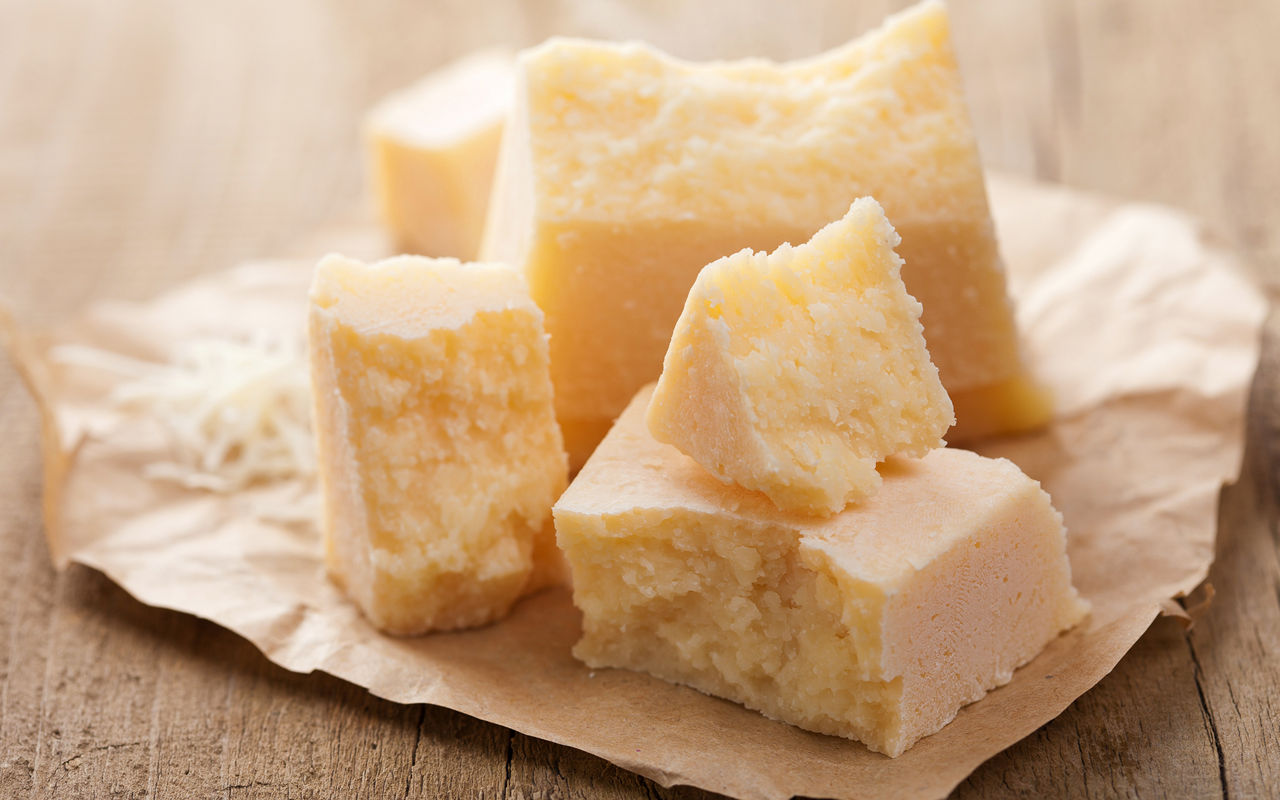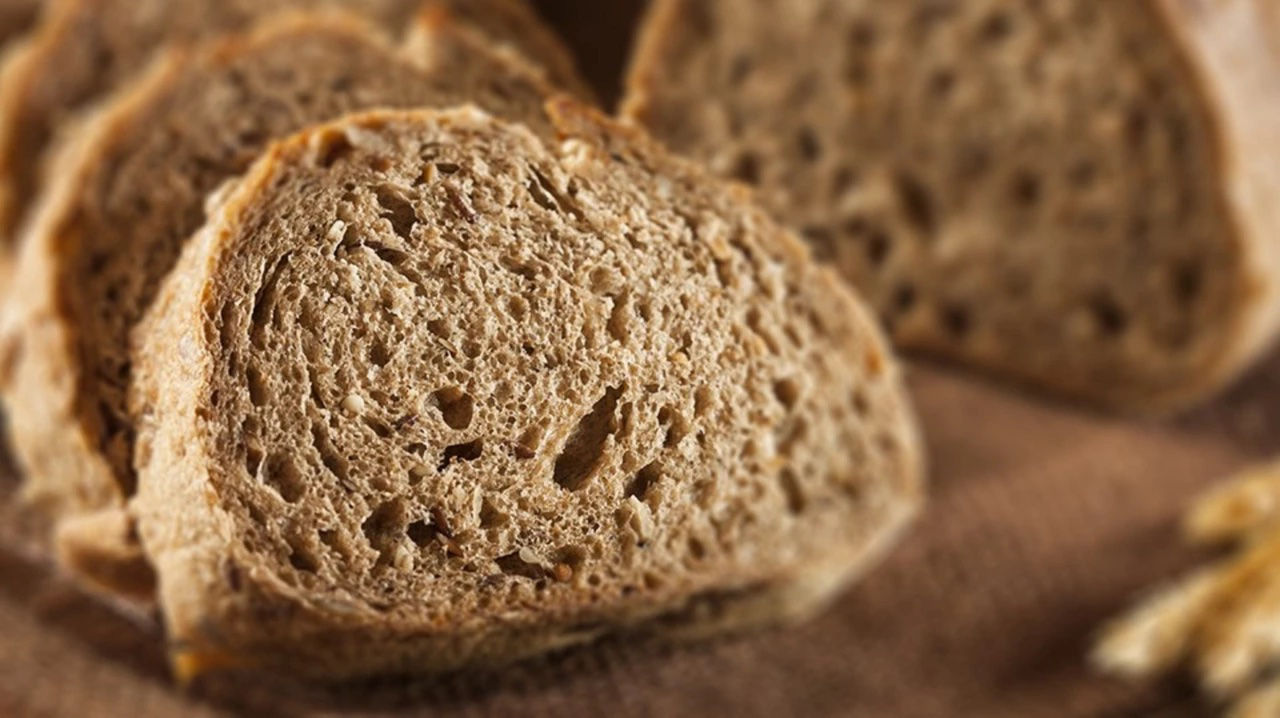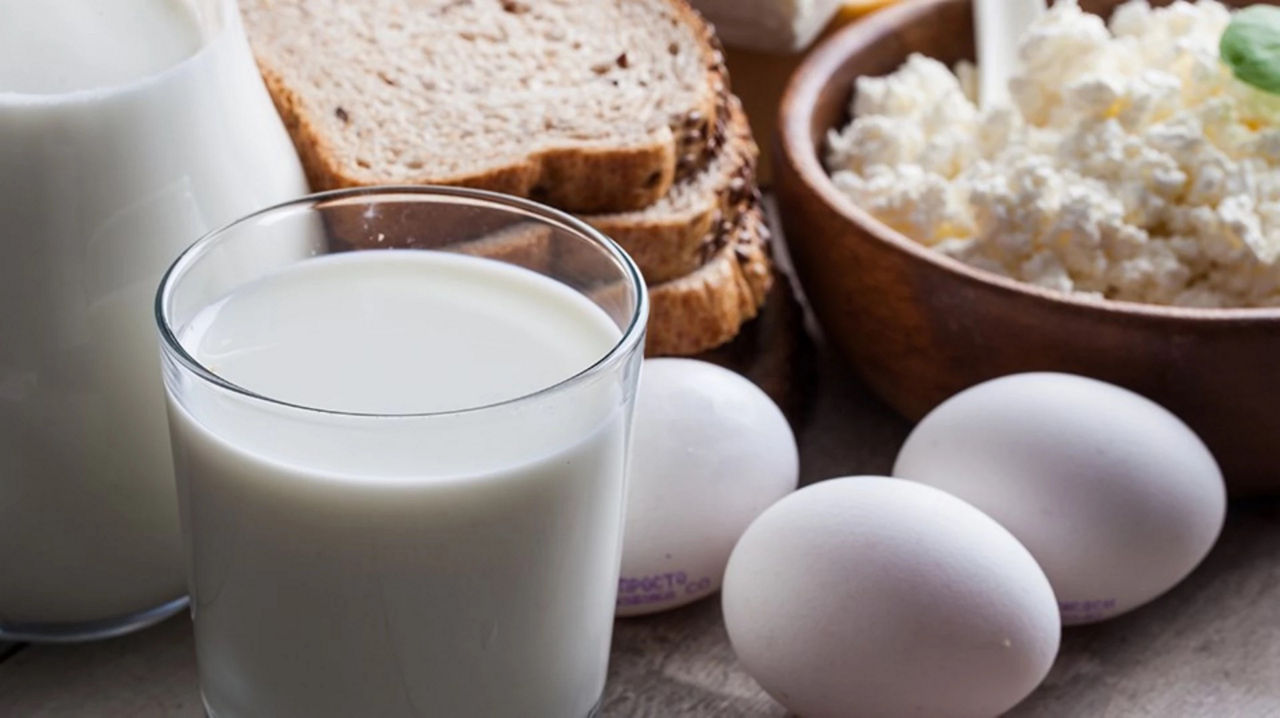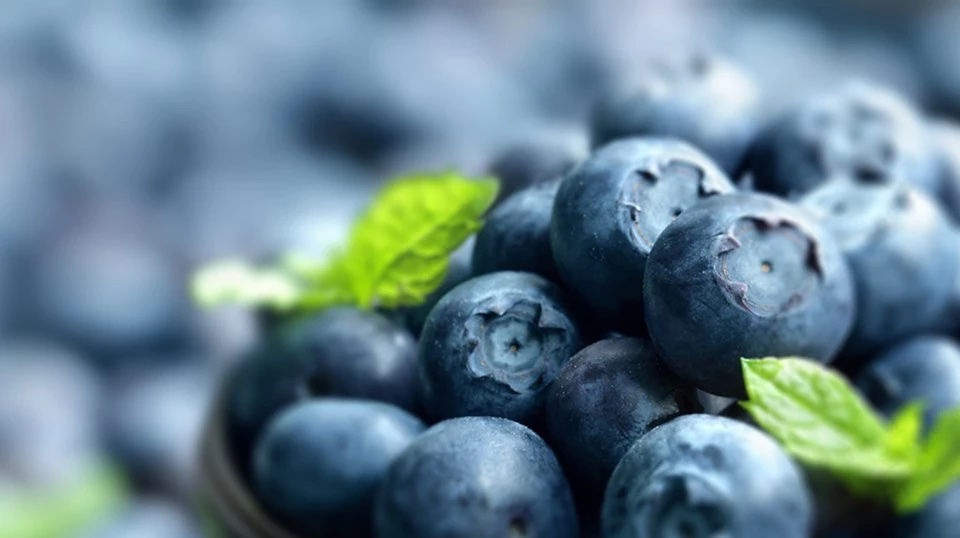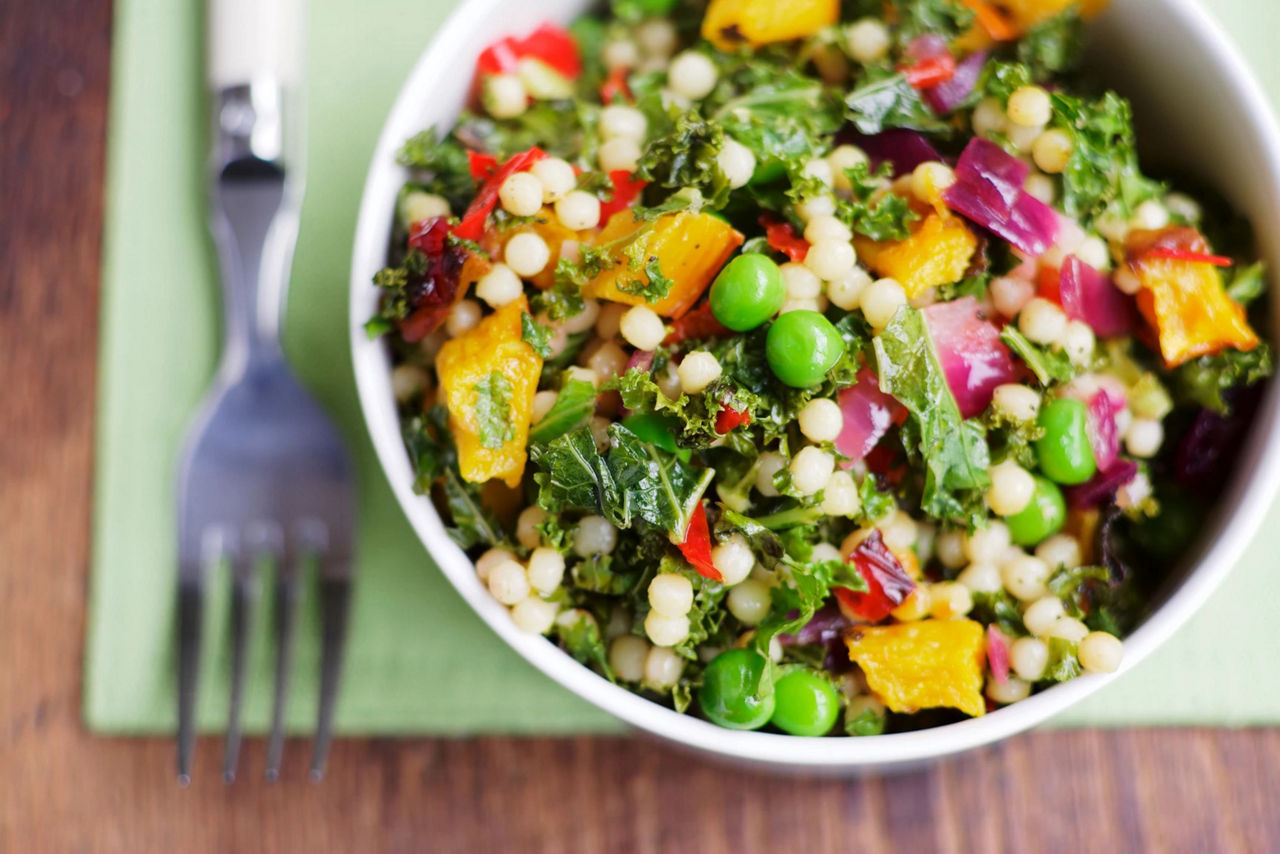The white stuff
Discover how dairy helps your baby develop
Dairy products have a well-deserved reputation for supporting healthy bones. As sources of protein, calcium, phosphorus and vitamin D, they also contribute to the health of your baby’s heart, teeth and developing nervous system. Discover how much you should be aiming to eat each day.

